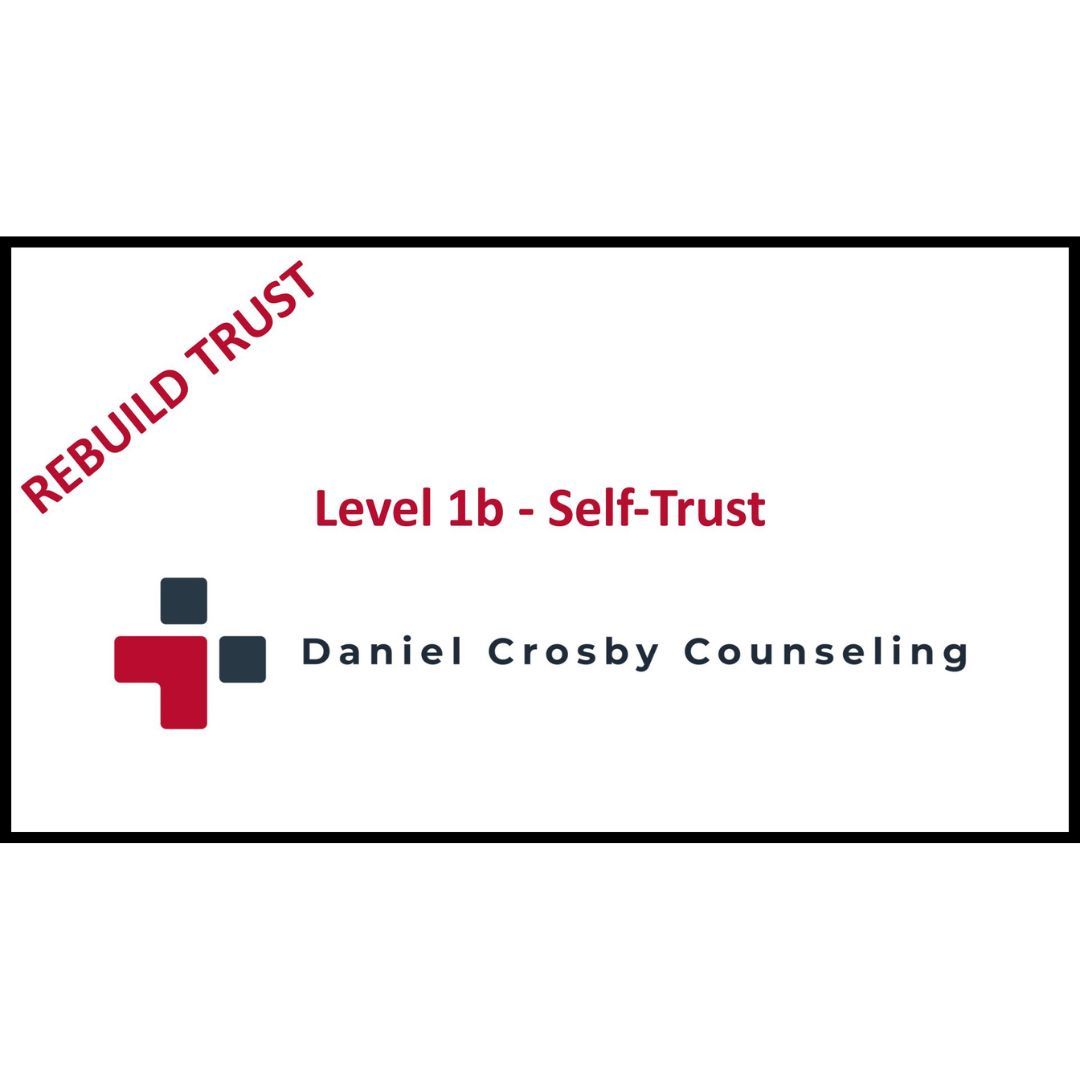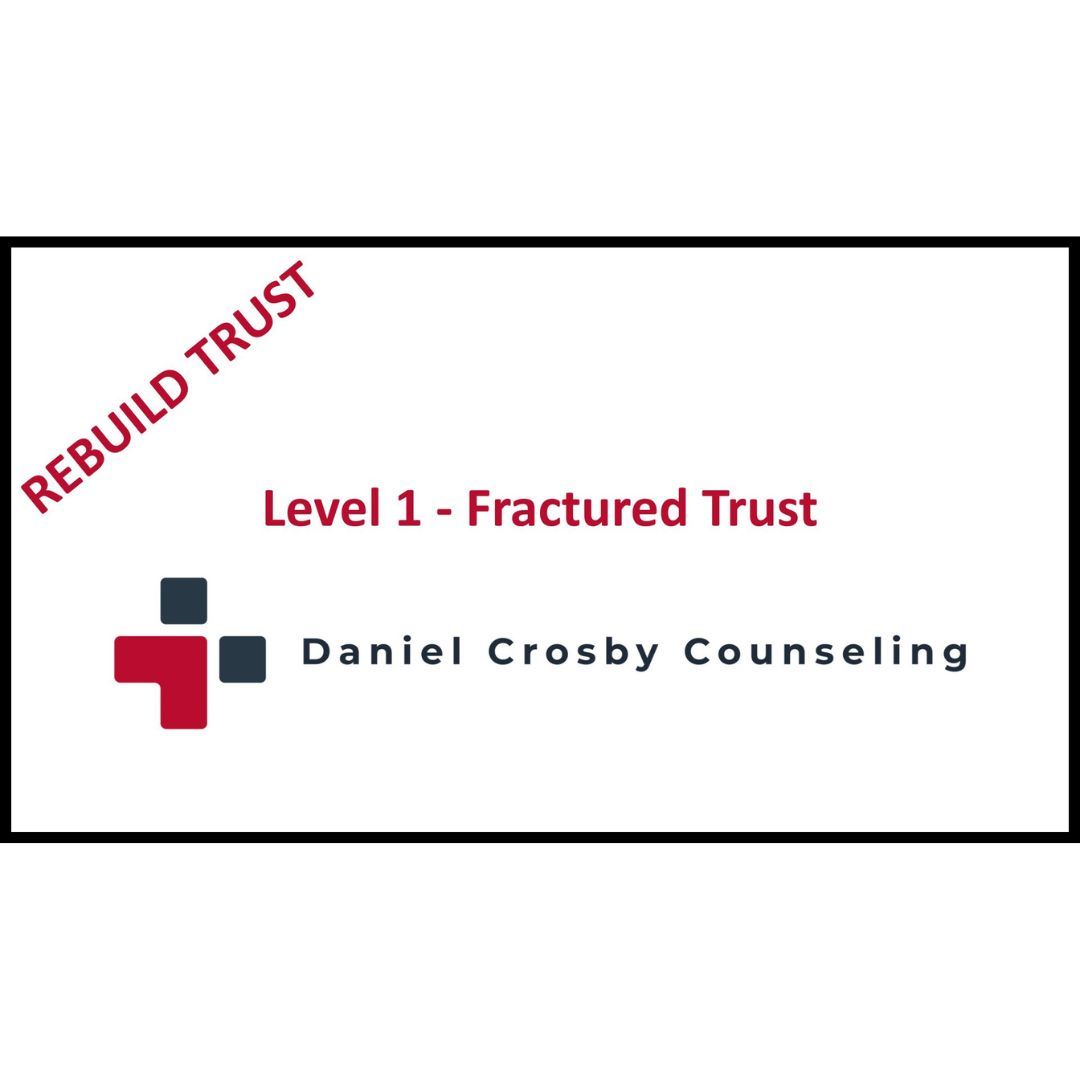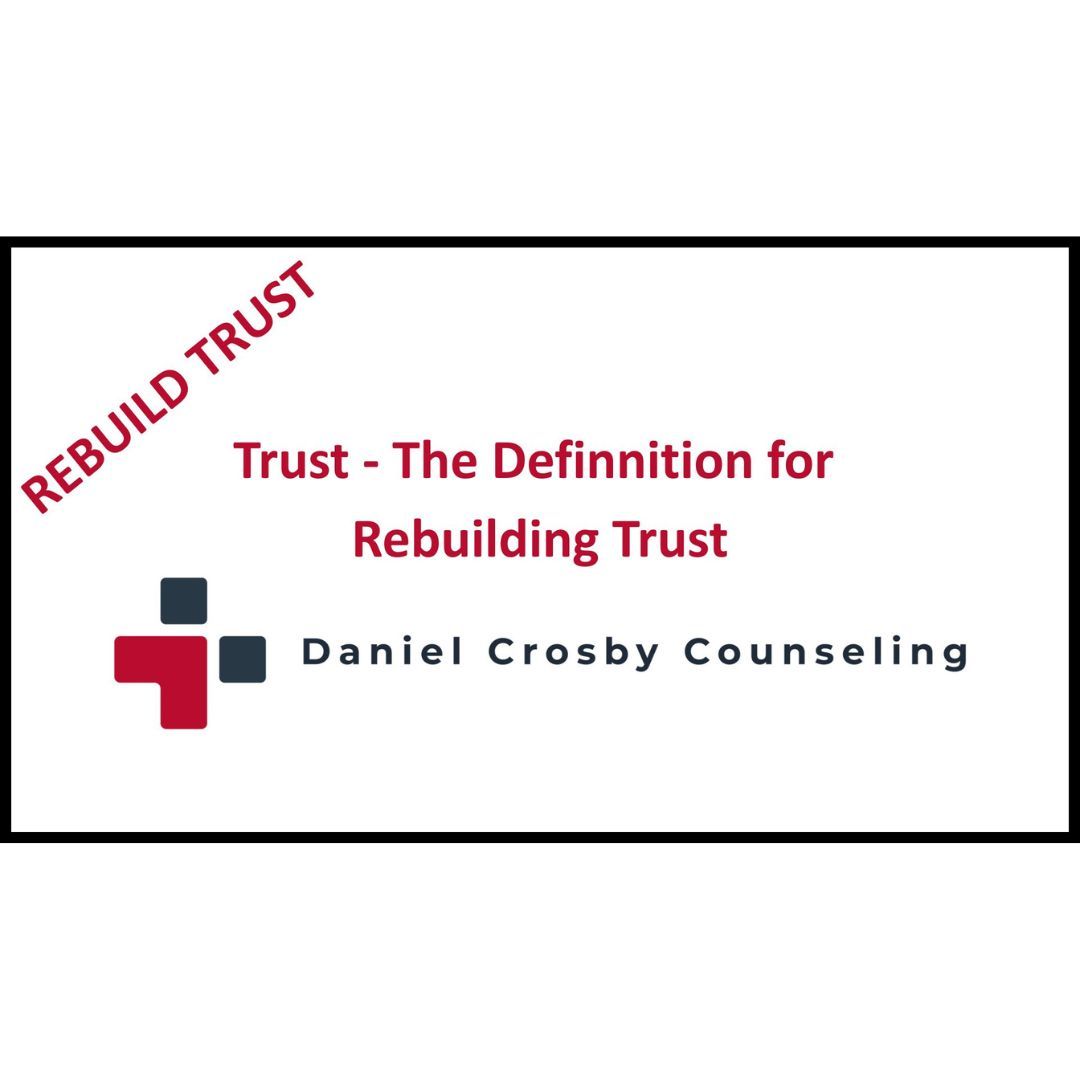THE GOOD:
Let me begin by saying that medication DOES have a role in mental health. It HAS helped people and it HAS saved lives when people were struggling to function, when they couldn’t think straight, and when they were in the depths of despair.
I’ve met with people who simply couldn’t string 2 sentences together and they needed to begin a medication regimen to help bring them to a level where we could begin working on some of the struggles, helping them make changes to improve permanently.
I believe that SOME people need medication to help them function at a reasonably normal level in life, but I also believe that this group is the minority. If you’re in that group, then there is no shame in using medication for help. Please do what your doctor has instructed you to do and NEVER make changes to your medication regimen without talking to your doctor. Unfortunately, I believe MOST people who are on psychotropic medications just so they can function throughout the day do not need them.
Medication is not the ONLY solution.
THE BAD:
The pharmaceutical industry and the medical field have done an amazing job over our lifetime of selling us on the idea that anxiety is simply a disease like diabetes or hypertension. For anxiety, “you likely just have a chemical imbalance.”
Granted, there is a medical component to anxiety. When we consistently subject ourselves to life stressors, our bodies are in a constant state of arousal. Our brains and bodies react by releasing Cortisol, Catecholamines (like adrenaline), and Vasopressin to try to keep us regulated and functioning.
The pharmaceutical and medical industries tell us that we just need to take medication so that we can “regulate our chemical imbalance.” Unfortunately, it isn’t an exact science because we can’t do a blood test to test your anxiety level.
“Hmm, so you still feel anxious? If the medication you’re taking isn’t working, then we probably need to raise the dose or add another medication to your regimen. Just take this and come back to see me in a month. We’ve seen very good results with this new medication.”
To be fair, it’s not all the doctor’s fault. They work in a society where we want a microwave fix to everything. We would rather take a shot for weight loss than to exercise and eat healthy and we would rather take 2-3 pills each morning to numb out our anxiety and depression than to do the hard work of changing our habits and our lack of boundaries in activities and relationships.
I have a nurse practitioner friend who has said that there’s pressure on the medical community to give patients at least some type of prescription each time they come in or else they’ll give that provider a bad review online. To tell a patient that they need counseling, or to find a new job where their boss isn’t a jerk, or to stop drinking a 6-pack every night before bed is almost seen as malpractice to some patients. We no longer go to doctors for their holistic healing and wisdom on our overall health but usually for prescriptions. Doctors feel the pressure for the quick fix as well because we’re the ones pressuring them.
So here’s a critical thinking question: If the doctors and pharmaceutical industry are right in saying that taking a few pills each day will make us less anxious then why do the number of prescriptions continue to rise at a similar rate that the reports from patients reporting anxiety symptoms continue to rise? If the medication is that effective, then wouldn’t we be reporting less anxiety?
Could it be that we’re missing something in this equation?
THE UGLY:
When we are constantly in debt, overscheduled, dealing with an abusive spouse, addicted to substances, and mindlessly doom scrolling on TikTok until 2am, our brains and bodies are screaming at us to take action and change something.
If your house was literally on fire and the smoke alarm is going off, would you take the batteries out of the smoke alarm and go back to bed? Of course not!
Unfortunately, this is what many of our friends and family use medication for. Rather than putting out the fire (dealing with the trauma, the abuse, the boundaries, the exhaustion, and the emptiness) we simply silence the smoke alarm. Medication can be effective at lessening unpleasant feelings temporarily but oftentimes those feelings continue to smolder under the surface until it becomes unbearable again and the fire re-erupts.
THE HOPE:
It’s time to make a change.
You are the only one who can do it.
You don’t have to do it alone!
Keeping reading along with these articles to find new ways of lowering your anxiety without having to be on medication for the rest of your life.
HOMEWORK:
Have you had a talk with your Dr. recently about their ideas about helping with your anxiety? What is their mindset and theory behind long-term use of anxiety medications? Did you feel heard and understood with your questions? If you've been prescribed medication for over 12 months with no conversation, it's time to ask your Dr. if they believe this medication is the lifelong solution. Are you ok with their explanation and feedback?
***Here are some good stats on the current state of anxiety in our world.
https://www.ncbi.nlm.nih.gov/pmc/articles/PMC7786299/
https://adaa.org/understanding-anxiety/facts-statistics
https://www.anxietycentre.com/statistics/anxiety-disorder-statistics-facts/
Every day I help hurting frazzled people by walking with them as they get back on the path toward becoming who God created them to be. Shoot me an email if there’s anything I can do to help you or someone you know.




